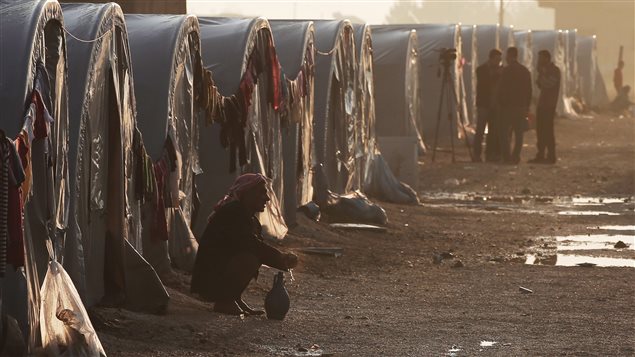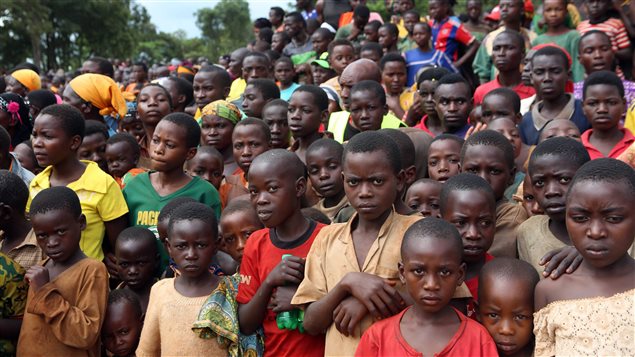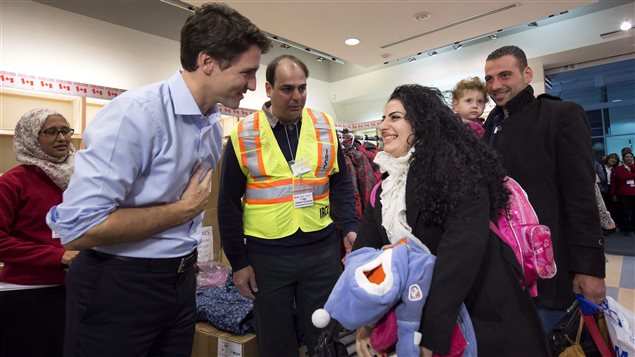The global refugee system is unfair and inadequate, and Canada could lead efforts to change it, says a group of Canadians.
“The main flaw with the current refugee system is that it lacks predictability,” says James Milner, associate professor at Carleton University and co-author of the article “Why the World Needs a New, More Equitable Refugee System.”
Listen20 years a refugee
“When the current system was established in the aftermath of World War II it was mandated to do two things: first, to ensure that refugees have protection, have certain basic rights when they flee their country and second, that to make sure that they have access to a solution,” says Milner.
“What we find today is that refugees are spending an average of 20 years in exile. That’s 20 years outside of their country and with very limited prospects of finding a solution.”

World can learn from past successes
Currently it is not the industrialized nations that are hosting the vast majority of refugees but countries like Jordan, Lebanon, Pakistan, Turkey and Kenya. The article argues that there must be a more equitable distribution of responsibility. And Milner argues that if states can be more forthcoming about what their interests are, they can be more easily matched with their abilities to host refugees.
Milner says the world can learn from past successes in handling large and complex refugee situations in the past such as the escapes from Vietnam, Laos, Cambodia, and Central America. He says they succeeded in part because they included a wide range of actors like the business community, development actors, peace and security actors, peace-building actors.
Refugees ‘denied opportunities to be self-reliant’
“We need to take the issue of refugees outside of this very narrow humanitarian silo.” Milner also argues that refugees need help from day one. They are currently registered in camps, are often isolated and denied opportunities to be self-reliant. He says host countries must be encouraged to allow refugees to pursue self-reliance so they are not completely dependent on humanitarian aid.

Canada seen as positive actor
There are several upcoming international meetings on refugees and Milner says Canada is in a unique position to provide leadership for change. He notes the world has noticed several Canadian initiatives including the welcome of over 30,000 Syrian refugees and the model of having community groups privately sponsor refugees.
While some countries were putting up razor wire to keep refugees out, Milner says Canadian Prime Minister Justin Trudeau was photographed welcoming Syrian refugees at the airport. Milner and his co-authors are urging the prime minister to lead a global effort to change the refugee system.
200 million refugees predicted
He notes that the challenge will only grow as the number of refugees is expected to grow from the current million to 200 million by 2050 due to climate change.







For reasons beyond our control, and for an undetermined period of time, our comment section is now closed. However, our social networks remain open to your contributions.